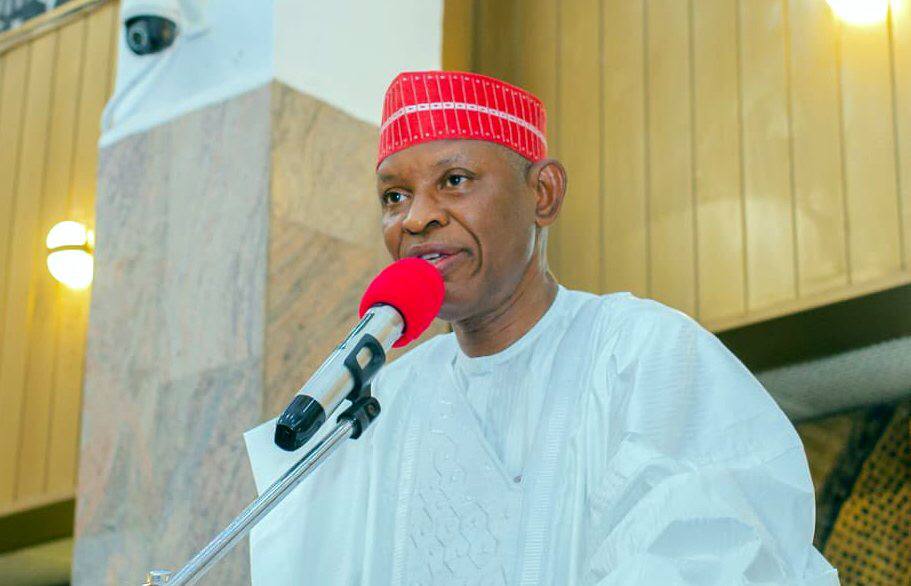
The Kano State Government has taken a controversial step by banning several media outlets, including African Independent Television (AIT) and the Nigerian Television Authority (NTA), from reporting on its activities. This decision comes in the wake of increasing tensions between the government and the media, particularly concerning allegations of defamation and the treatment of journalists.
This ban follows the arrest of Muktar Dahiru, a journalist who was imprisoned for sharing content critical of government officials, including Governor Abba Yusuf and the reinstated emir, Lamido Sanusi. Dahiru faced charges related to conspiracy, defamation, and intentional insult, highlighting the precarious environment for journalists in the state.
Critics argue that the government’s actions threaten press freedom and undermine democracy in Nigeria. Journalists’ unions have condemned the ban, emphasizing the need for an independent press to hold the government accountable and ensure transparency. The situation raises concerns about the state of civil liberties in Kano and the potential chilling effect on freedom of expression.
In light of these developments, the Kano State Government must address the growing criticism and restore trust with the media, allowing for open dialogue and the free exchange of ideas.




